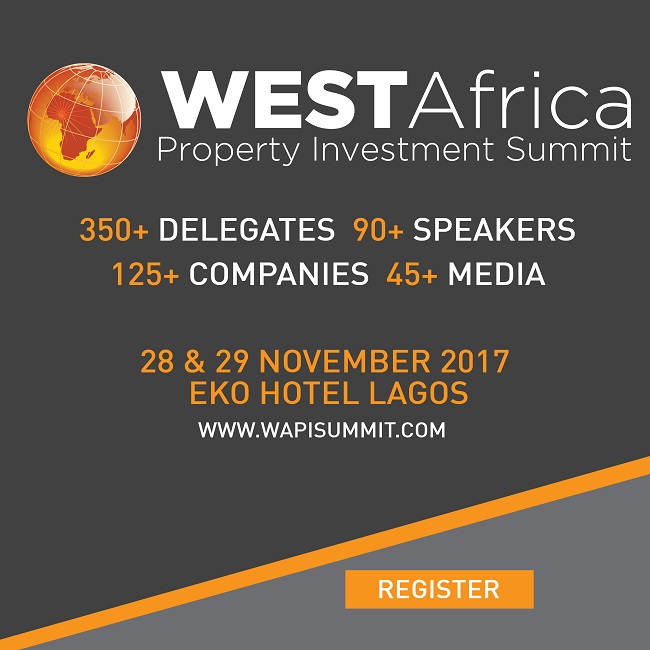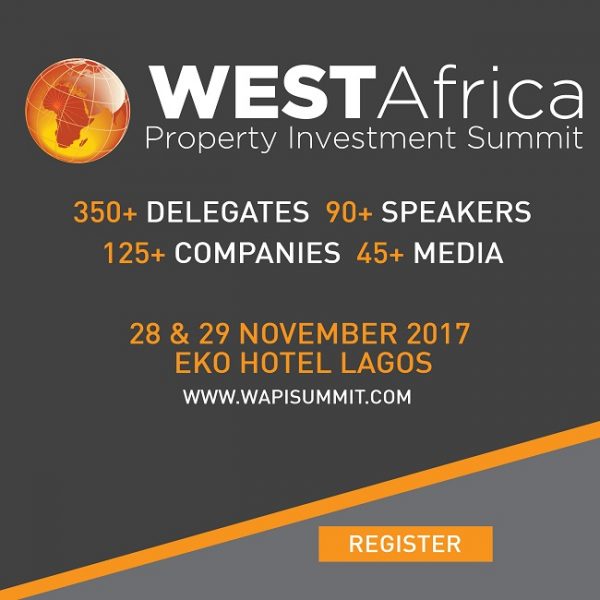In some parts of West Africa, particularly Nigeria and Ghana, the lack of infrastructure is a huge driver of demand for mixed-use developments.
The last few years have seen an increase in interest in mixed-use development schemes which comprise some or all of retail, residential, offices as well as hotel and conference facilities. These types of developments are attractive to investors as they are able to spread risk and access multiple property segments within one development.
“Mixed-use developments are being vertically or horizontally integrated, for example, having housing and employment in separate buildings on the same plot and the main factors driving this phenomenon is the lack of infrastructure, traffic congestion in the city, high-density developments, redevelopment and scarcity of land in prime locations,” says Bolaji Edu, Broll Nigeria CEO.
More and more, occupiers are driven to look for schemes with various facilities.
He explains that in Nigeria larger schemes are supported by State Governors who are keen to see the urban renewal and transformation of previously run down areas. Ilubirin on Lagos Island which had initially been identified as a site to provide low-cost housing under the Lagos Home Ownership Mortgage Scheme is a good example of government intervention. Lagos State Government is now looking to promote the site as a mixed-use hub creating a ‘live, work, play’ environment.
“It is important to note that in the face of tight public sector budgets, governments have been keen on partnering with the private sector to bring such schemes to fruition.” With respect to Ilubirin, the Lagos State government has also sought to develop a Public-Private Partnership program in addition to the N200bn it intends to inject into the project.
He says private developers are also keen on the opportunity with schemes like Landmark Village in Victoria Island, by Landmark Group as a prime example, similar schemes in Abuja, Port Harcourt and Lekki and Ikeja in Lagos are at the master planning/feasibility stage with occupiers showing great interest in these schemes. Other developers with existing or planned missed use schemes include UPDC, African Capital Alliance, Actis and RMB Westport.
Paul Onwuanibe, CEO at Landmark Group Africa says: “Africa like other continents of the world is drawn to mixed-use developments as a result of population growth, productivity and increased consumer spending and a growing middle class who require innovative real estate solutions. “Mixed-use developments provide a broader accommodation mix to include office, retail, hospitality, entertainment and residential space, all that is required in one location which guarantees comfort, convenience and security all at once and the government is better equipped to provide safety of lives and properties. “This is why the Landmark Village is now the fastest growing business and lifestyle destination on the West Africa coastline and testimony to a comprehensive mixed-use scheme.”
Edu points out that the growth and success of mixed-use developments in Ghana can be attributed to developers and funds entering the market who implement developments based more on a neighbourhood scale than a project level scale. The collective character of the neighbourhood makes mixed-use developments successful, however, there is not one single factor that influences the project. Furthermore, older buildings found to be more successful remain attractive to occupiers, and initially, it’s more important to have mixed-use buildings concentrated on one block as opposed to being spread out.
In Ghana, mixed-use developments drive infrastructure implementation and/or upgrade in the cities and this is evident with development including One Airport Square, Stanbic Heights and Accra Financial Centre all comprising offices and retail. The Octagon, A and C Square Office and Osu Mall comprise offices, retail, hotel and leisure while Goldkey’s development No 1 Cantonments and The Exchange comprise of offices, retail, hotel and residential. An example of residential and retail horizontally integrated is Pearl in the City.
With all these developments having been completed or partially completed, we have seen major road improvements being commissioned by the authorities to cater for the increase in traffic movements.
To overcome these challenges a way of addressing it, as with the case of electricity, developers should make contributions to these improvements similar to the concept of ‘planning obligation’ in the UK. This is whereby as part of the planning consent, the authorities place obligations on the developer to provide some limited infrastructural works to support their developments such as road improvements and upgrading of substations, for example.
Broll’s affiliation with CBRE enables us to advise occupiers both in the public and private sectors as well as investors on mixed-use development opportunities across Sub-Saharan Africa. Our research led environment allows us to tailor solutions specific to individual and business needs, points out Edu.
“We are once again honoured to be the Platinum Sponsor of the 3rd Annual West Africa Property Investment Summit which will for the first time be held in Lagos Nigeria. “This annual gathering of real estate professionals and developers will help us better understand the West Africa market and find innovative solutions to do business in challenging times and volatile markets.”
Mixed-use developments are among many pertinent topics to be discussed at the upcoming West Africa Property Investment (WAPI) Summit to be held on 28 & 29 November at the Eko Hotel & Suites in Lagos, Nigeria. With participation from over 350 delegates and 175 companies, the WAPI Summit will offer insights, thought-leadership and solution-focused tools with an emphasis on driving further development and investment in the local and regional real estate market.
More broadly, the WAPI Summit will provide the perfect platform for initiating a dialogue between West Africa’s private and public sectors, specifically, the co-ordination of public infrastructure development with local and global real estate investment. “This presents Nigeria and the West African region with an opportunity to reinvigorate the country’s commercial and residential real estate sectors, and once again position itself as the number one investment destination for local and global capital,” notes Kfir Rusin, Managing Director, API Events.
Interested delegates can register on www.wapisummit.com.


